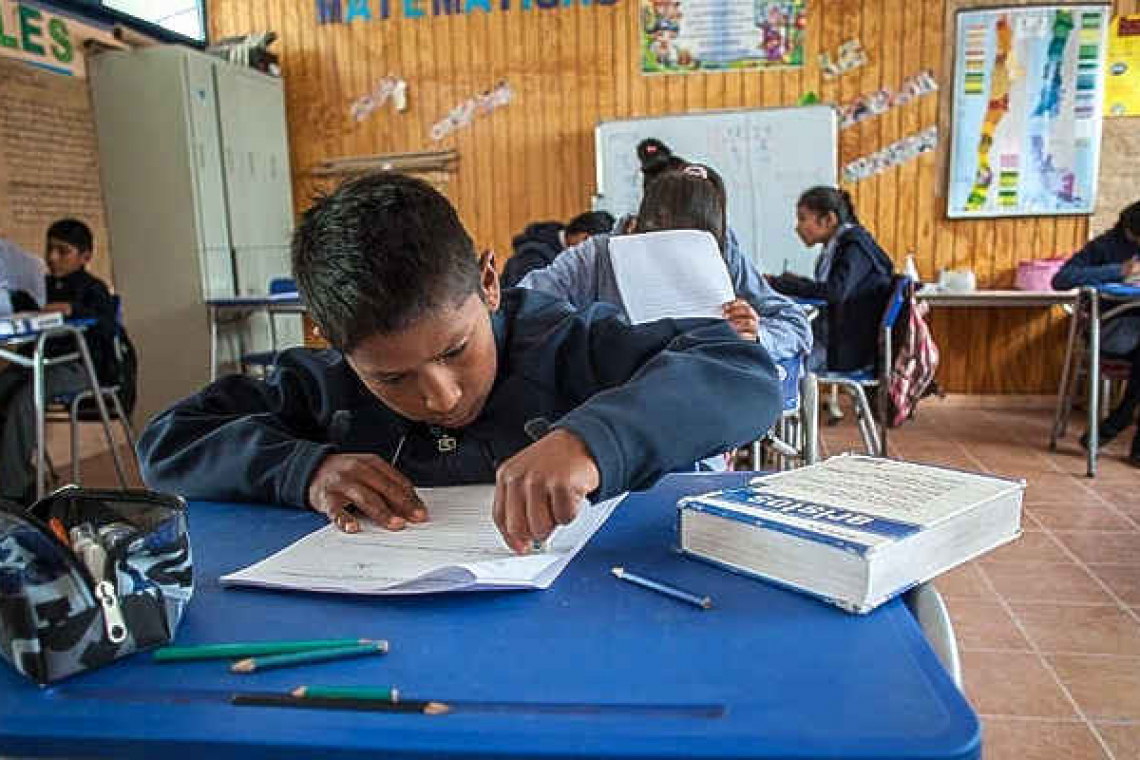Data from UNESCO’s new ERCE 2019 reveal that in 16 countries in the region, an average of 40 per cent of third grade students and 60 per cent of sixth graders have not acquired basic competencies in reading and maths.
PARIS, France--Latin America and the Caribbean (LAC) faces an educational crisis; progress in basic learning achievements and the effective right to education continue to be pending tasks. Achievement levels are still deficient, and in the majority of countries, improvement over time is not apparent.
These are the findings of the Regional Comparative and Explanatory Study ERCE, published on November 30 by UNESCO by the Regional Office for Education in LAC OREALC/UNESCO Santiago with representatives of the 16 participating countries: Argentina, Brazil, Colombia, Cuba, Costa Rica, the Dominican Republic, Ecuador, El Salvador, Guatemala, Honduras, Mexico, Nicaragua, Panama, Paraguay, Peru and Uruguay.
The data illustrate the urgency of mobilising efforts to improve achievement levels among third and sixth-grade students in LAC, as a high proportion are falling behind. Among third-grade readers, 44.3 per cent are in the lowest level of ability in reading; in maths this figure reaches 47.7 per cent. At sixth grade level, 23.3 per cent of students are in the lowest achievement levels, as are 49.2 per cent in maths and 37.7 per cent in sciences.
The study reveals that third-grade pupils in the lowest level of reading achievement cannot locate information in a text unless it appears very prominently. Nor can they make inferences that require a comprehensive understanding of the text, even when information is repeated or highlighted in such a way that facilitates its identification. Sixth-grade students are unable to infer information when doing so would require a broad understanding, nor are they able to connect secondary or specific ideas presented in different parts of the text.
In mathematics, third grade pupils at the lowest performance level are not able to write natural numbers up to 9,999 or carry out polynomial factorisation. Sixth-graders at this level are unable to resolve problems that require the interpretation of information or those that involve more than one operation, including multiplication or division. ~ UNESCO ~







